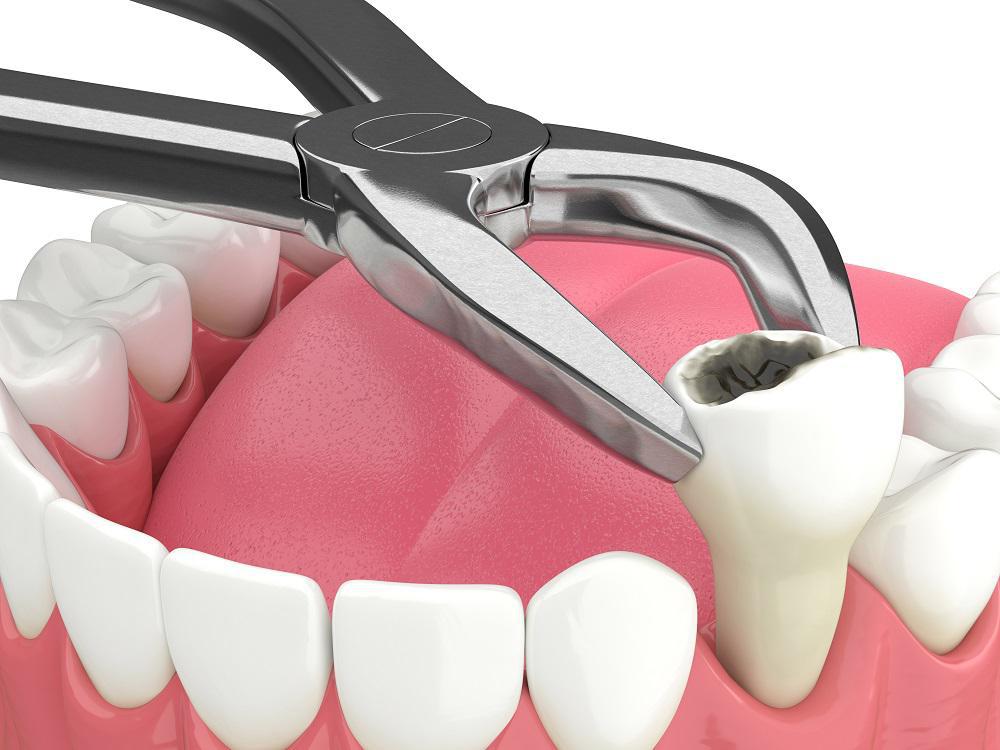
Disimpaction
Disimpaction is a dental procedure designed to remove impacted teeth, most commonly referring to the extraction of impacted wisdom teeth. Impacted teeth occur when there is not enough space in the jaw for the teeth to fully emerge or when the teeth grow in an improper direction. Wisdom teeth, also known as third molars, are often prone to impaction due to their late eruption, typically in the late teens or early twenties.
The impaction of wisdom teeth can lead to various dental issues, including pain, swelling, infection, and damage to adjacent teeth. Disimpaction becomes necessary when the impacted teeth cause discomfort or pose a risk to oral health.
The disimpaction procedure is typically performed by an oral surgeon or a dentist with expertise in oral surgery. The process begins with a thorough examination, including X-rays to assess the position and orientation of the impacted teeth. Based on this assessment, the dental professional determines the best approach for extraction.
Surgical disimpaction involves making an incision in the gum tissue to access the impacted tooth. In some cases, a portion of the bone covering the tooth may need to be removed to facilitate extraction. Once the tooth is exposed, it is carefully extracted from its position, and any necessary sutures are placed to close the incision.
For less complicated cases, where the tooth is partially visible above the gumline, a less invasive method called simple disimpaction may be employed. In this approach, the dentist or oral surgeon uses special instruments to grasp and gently remove the visible portion of the tooth without the need for a significant incision.
Post-disimpaction care is crucial to ensure proper healing and minimize discomfort. Patients are typically provided with instructions on oral hygiene practices and advised on managing any swelling or discomfort.
Disimpaction of wisdom teeth is a common and routine dental procedure. While there may be some discomfort and swelling following the extraction, the long-term benefits often outweigh the temporary inconvenience. Removing impacted teeth can prevent a range of potential complications, including infection, damage to adjacent teeth, and the development of cysts or tumors.
Regular dental check-ups, including X-rays, are essential for monitoring the development of wisdom teeth and identifying the need for disimpaction before complications arise. Early intervention can contribute to a smoother and less complex extraction process, promoting overall oral health and well-being.

